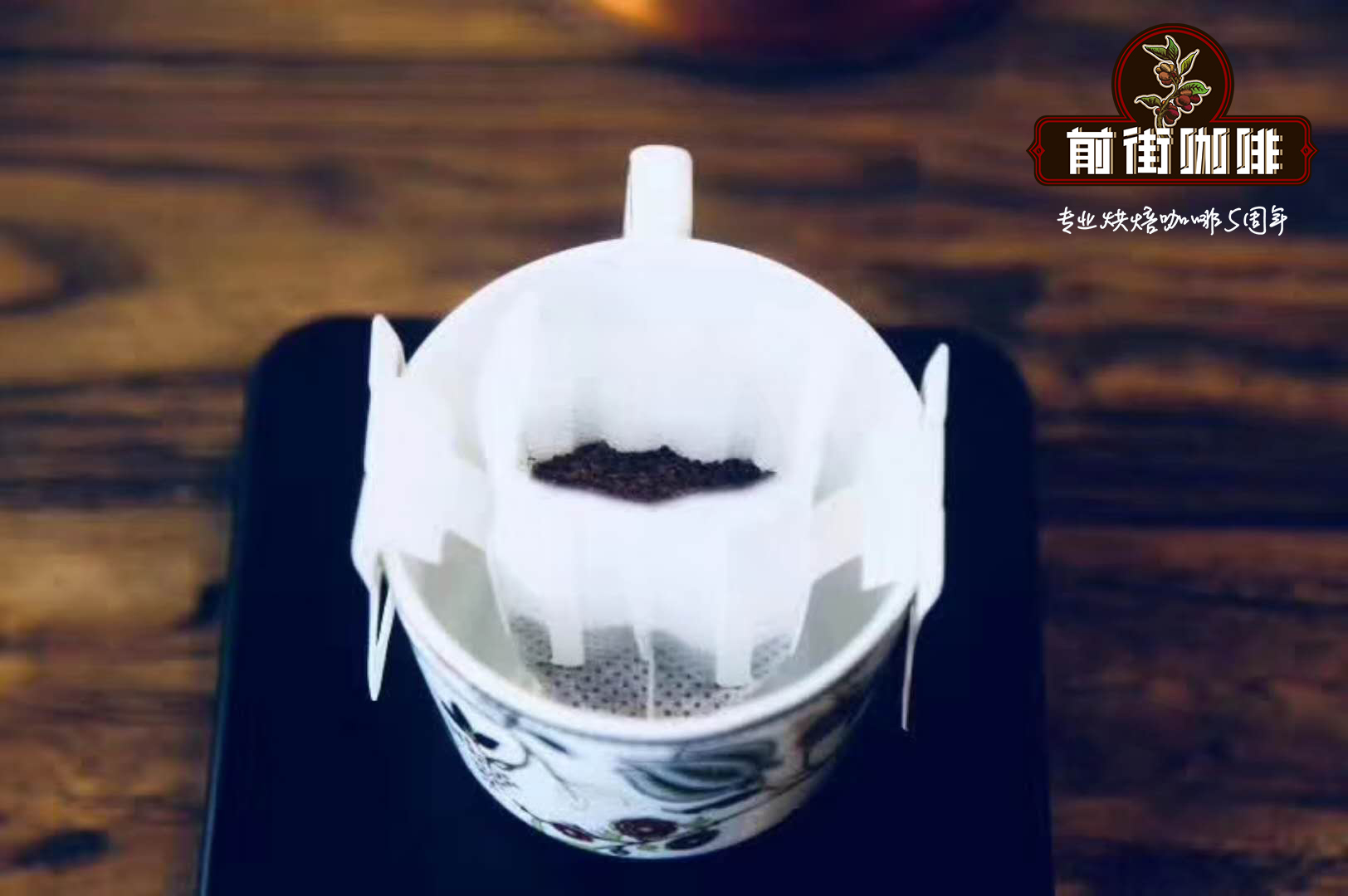How to minimize the waste of coffee? How to use coffee grounds in the waste of coffee

Professional coffee knowledge exchange more coffee bean information please follow the coffee workshop (Wechat official account cafe_style)
The third wave of coffee craze is that apart from the fact that coffee itself is very good, it is also ethical for the coffee industry. Boutique coffee focuses on tracing back to the source. We can help coffee-producing countries by buying every cup of delicious coffee.
But it turns out that the process of growing coffee is not very environmentally friendly. In fact, coffee brings a lot of water pollution, destroys the water sources of coffee-producing countries, and causes the loss of producers' interests.
According to the American Fine Coffee Association (SCAA), the waste water caused by the wet treatment of coffee is 40 times higher than the average amount of sewage consumed by ordinary cities, and such a large degree of waste has a huge impact.
Fortunately, this is not the only way. More and more reuses can be used in coffee by-products. This means that coffee can not only protect the environment, but also bring about further economic growth. Why not?.
The waste caused by coffee cultivation
So why is coffee growing unfriendly to the environment?
Let's think about the structure of coffee fruit, pulp, pectin layer, sheep skin, silver skin and coffee beans. In order to get the innermost coffee beans, we usually give up the four layers of matter on the outside, and it's best not to have them.
Many coffee-producing countries are low-income countries, which is a major issue, often they are unable to deal with the wasted water and dispose of the waste water, resulting in water pollution.
Wait, when will water be used?
This problem is often encountered in the washing process, where the coffee fruit is treated with water and soaked in water. At this stage, the pectin layer will detach and remove the remaining substances from the coffee fruit, which will be left in the water. The water will retain the nutrients of the fruit and optimize the water.
Eutrophication is the abundance of nutrients in lakes or any water, which often occurs in farming areas. The process of optimization can result in too much organic matter, such as algae, which can lead to a lack of oxygen in the water.
The environmental protection agency studied the optimization of Ethiopian rivers and found that the oxygen content in the lower reaches of the river next to the coffee garden was obviously insufficient, while the amount of nitrogen was rising, which would cause harm to human health.
How do coffee farmers use the residue?
However, these discarded fruit residues are more useful than we thought. Habtamu Lemma Didanna of Ethiopia's University of Wolaita Sodo found that coffee pulp is a valuable resource especially for farmers. Didanna found that coffee pulp can replace up to 20% of the commercial feed for cattle, and its nutritional composition and weight gain are no different from those of feed. These can save 30% on the cost of animal feed, representing the great agricultural economic potential of coffee pulp in coffee-growing countries.
And coffee pulp is not only beneficial to cattle farmers, coffee pulp after drying and partial fermentation, will be a good fertilizer for mushroom growth. For example, shiitake mushrooms often take months to grow, but with the help of coffee by-products, it only takes a few weeks to grow, giving farmers a second good source of income. According to New Agriculturist, coffee farmers in Tanzania increase their income by growing mushrooms of high economic value. Because mushrooms grow rapidly with the help of coffee pulp, coffee farmers can grow and harvest mushrooms throughout the year. The proceeds from these sales have helped them set up education funds and expand the scope of land for livestock farmers.
How to reduce coffee residue at home?
Coffee lovers in non-coffee-producing countries may not be able to get coffee by-products from the manor, but that doesn't mean we can't do anything, or we can grow our own mushrooms. Yes, people living in cities can also do this. Mushrooms are perfect for growing in spaces like windowsill gardening, and many independent coffee shops have begun to use coffee grounds on them, such as WoodFruit, a company that specializes in mushrooms.
If used for industrial use, Bio-Bean in London has developed technologies to turn coffee grounds into advanced biofuels, such as "biomass pellets". They claim that biofuels can be used to drive vehicles, while biomass pellets can raise temperatures indoors and in stores. In fact, they hope that one day their biomass pellet fuel will even use coffee grounds to raise the temperature in certain stores.
The potential power is amazing, not only to provide an environmentally friendly way to warm up, but also to significantly reduce coffee residue in London. It is speculated that it should be possible to reuse the 30,000 tons of coffee residue in the city of London. From the perspective of analysis, of the estimated 200000 tonnes of coffee residue in London, we only talk about reducing the residue by 15 per cent, and this only comes from the coffee grounds.
What will we do with coffee residue in the future?
From the past to the present, coffee lovers have examined the issue of wasting coffee, and change is about to happen. The rise of companies like Bio-Bean, and more and more research on coffee by-products, there seems to be no unreasonable advice, and in the near future, we may see coffee shops and coffee farmers make the best use of coffee grounds.
Are you excited? So coffee lovers, now pick up our coffee grounds and recycle them!
Important Notice :
前街咖啡 FrontStreet Coffee has moved to new addredd:
FrontStreet Coffee Address: 315,Donghua East Road,GuangZhou
Tel:020 38364473
- Prev

Coffee is sweet. why is coffee sweet? What's the sweet taste of coffee?
Professional coffee knowledge exchange more coffee bean information please follow the coffee workshop (Wechat official account cafe_style) black coffee is bitter? That's in the past. Today's boutique coffee manufacturers and consumers will directly look for sweetness in black coffee. We are not talking about added sugar or honey here. But in the black coffee to drink the natural pure sweetness. Is that possible? But why does coffee
- Next

What are coffee beans? The taste of round bean coffee do you want to pick out round beans?
Professional coffee knowledge exchange more coffee bean information Please pay attention to the coffee workshop (Wechat official account cafe_style) often hear people talk about "public beans", "mother beans", in fact, coffee beans do not really have parents, a more correct statement should be round beans: coffee is a kind of fruit, and the outer layer of coffee fruit has pulp (pectin layer), the middle is usually composed of two seeds face to face (namely
Related
- Beginners will see the "Coffee pull flower" guide!
- What is the difference between ice blog purified milk and ordinary milk coffee?
- Why is the Philippines the largest producer of crops in Liberia?
- For coffee extraction, should the fine powder be retained?
- How does extracted espresso fill pressed powder? How much strength does it take to press the powder?
- How to make jasmine cold extract coffee? Is the jasmine + latte good?
- Will this little toy really make the coffee taste better? How does Lily Drip affect coffee extraction?
- Will the action of slapping the filter cup also affect coffee extraction?
- What's the difference between powder-to-water ratio and powder-to-liquid ratio?
- What is the Ethiopian local species? What does it have to do with Heirloom native species?

